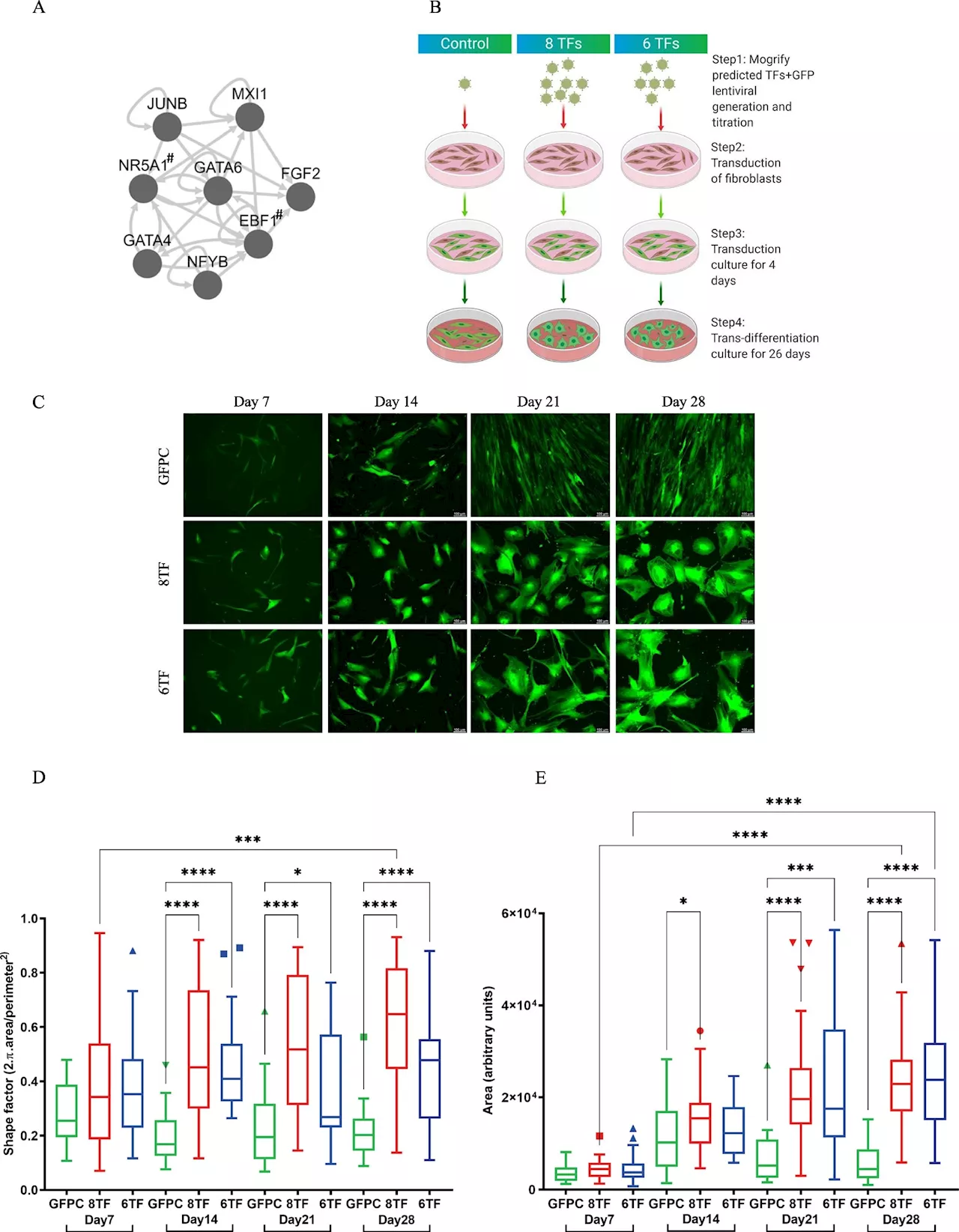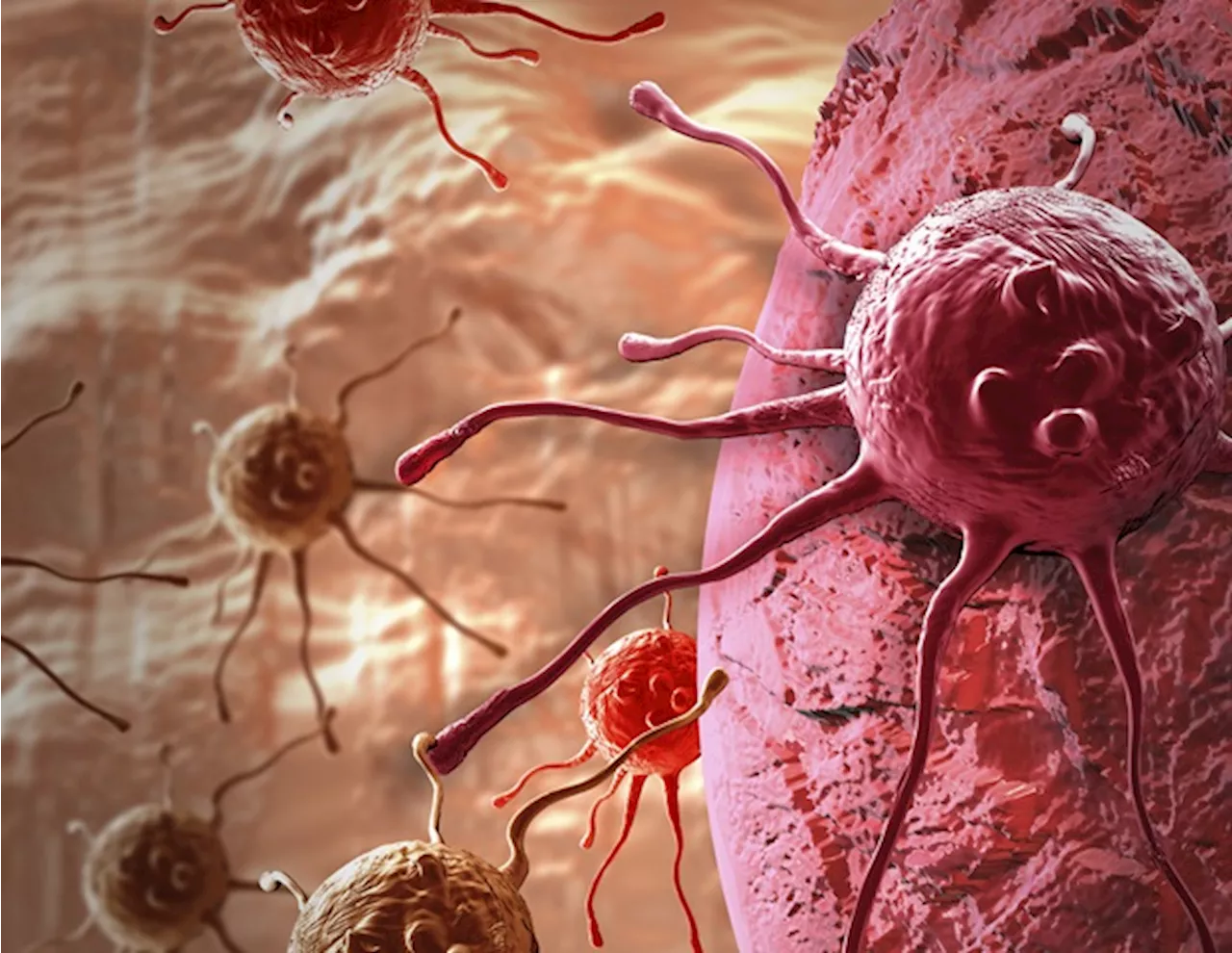Researchers at the Centre for Genomic Regulation (CRG) have discovered a treatment which accelerates the production and quality of pluripotent stem cells in mice.
Center for Genomic RegulationAug 7 2024 Research ers at the Centre for Genomic Regulation have discovered a treatment which accelerates the production and quality of pluripotent stem cells in mice. This discovery that has the potential to improve disease modeling and drug testing for individuals with two X chromosomes; women, transgender men or men with an extra X chromosome in Klinefelter Syndrome . The findings are published in the journal Science Advances.
The researchers discovered that adding interferon gamma to a culture of mouse neural precursor cells, a type of cell which turns into different types of neurons, cut the time it takes to reprogram iPSCs by one day, saving time and resources. Dr. Mercedes Barrero, first author of the study and researcher, Centre for Genomic Regulation, Barcelona
Related StoriesThis is because female adult cells usually have one X chromosome dormant, a compensation mechanism which helps avoid the effects of a double dose of gene products from both X chromosomes being active. Male cells with XY chromosomes don't have to deal with this problem.
Protein Chromosome DNA Gene Genomic Induced Pluripotent Stem Cells Interferon Klinefelter Syndrome Medicine Research Stem Cells Syndrome X Chromosome
United Kingdom Latest News, United Kingdom Headlines
Similar News:You can also read news stories similar to this one that we have collected from other news sources.
 Plans submitted for new sixth form in Telford Town CentrePlans for the new Sixth Form Centre in Telford Town Centre have been submitted for approval.
Plans submitted for new sixth form in Telford Town CentrePlans for the new Sixth Form Centre in Telford Town Centre have been submitted for approval.
Read more »
 Researchers discover a new neural biomarker for obsessive-compulsive disorderA recent study from Baylor College of Medicine and Texas Children's Hospital has identified a specific neural activity pattern as a novel biomarker to accurately predict and monitor the clinical status of individuals with obsessive-compulsive disorder (OCD) who have undergone deep brain stimulation (DBS), a rapidly emerging therapeutic approach...
Researchers discover a new neural biomarker for obsessive-compulsive disorderA recent study from Baylor College of Medicine and Texas Children's Hospital has identified a specific neural activity pattern as a novel biomarker to accurately predict and monitor the clinical status of individuals with obsessive-compulsive disorder (OCD) who have undergone deep brain stimulation (DBS), a rapidly emerging therapeutic approach...
Read more »
 Researchers identify new mutation in gene linked to amyotrophic lateral sclerosisResearchers have identified a new mutation in the ARPP21 gene that could be the cause of amyotrophic lateral sclerosis (ALS), a devastating neurodegenerative disease.
Researchers identify new mutation in gene linked to amyotrophic lateral sclerosisResearchers have identified a new mutation in the ARPP21 gene that could be the cause of amyotrophic lateral sclerosis (ALS), a devastating neurodegenerative disease.
Read more »
 Researchers develop new technique for diagnosing disorders of sex developmentDisorders/differences of sex development (DSD) are difficult to diagnose because of the multiple phenotypes and genes involved, but a new technique developed at Hudson Institute of Medical Research is set to change all that.
Researchers develop new technique for diagnosing disorders of sex developmentDisorders/differences of sex development (DSD) are difficult to diagnose because of the multiple phenotypes and genes involved, but a new technique developed at Hudson Institute of Medical Research is set to change all that.
Read more »
 Fox Chase Cancer Center researchers identify new targets for mesothelioma preventionA new research perspective was published in Oncoscience (Volume 11) on May 23, 2024, entitled, 'Targeting inflammatory factors for chemoprevention and cancer interception to tackle malignant mesothelioma.'
Fox Chase Cancer Center researchers identify new targets for mesothelioma preventionA new research perspective was published in Oncoscience (Volume 11) on May 23, 2024, entitled, 'Targeting inflammatory factors for chemoprevention and cancer interception to tackle malignant mesothelioma.'
Read more »
 Researchers mark milestone in progress toward investigational new drug for triple-negative breast cancerA new compound developed by researchers at MUSC Hollings Cancer Center shows promise in overcoming chemotherapy resistance in triple-negative breast cancer—and could potentially be applied to fibrotic conditions like liver fibrosis or pulmonary fibrosis.
Researchers mark milestone in progress toward investigational new drug for triple-negative breast cancerA new compound developed by researchers at MUSC Hollings Cancer Center shows promise in overcoming chemotherapy resistance in triple-negative breast cancer—and could potentially be applied to fibrotic conditions like liver fibrosis or pulmonary fibrosis.
Read more »
